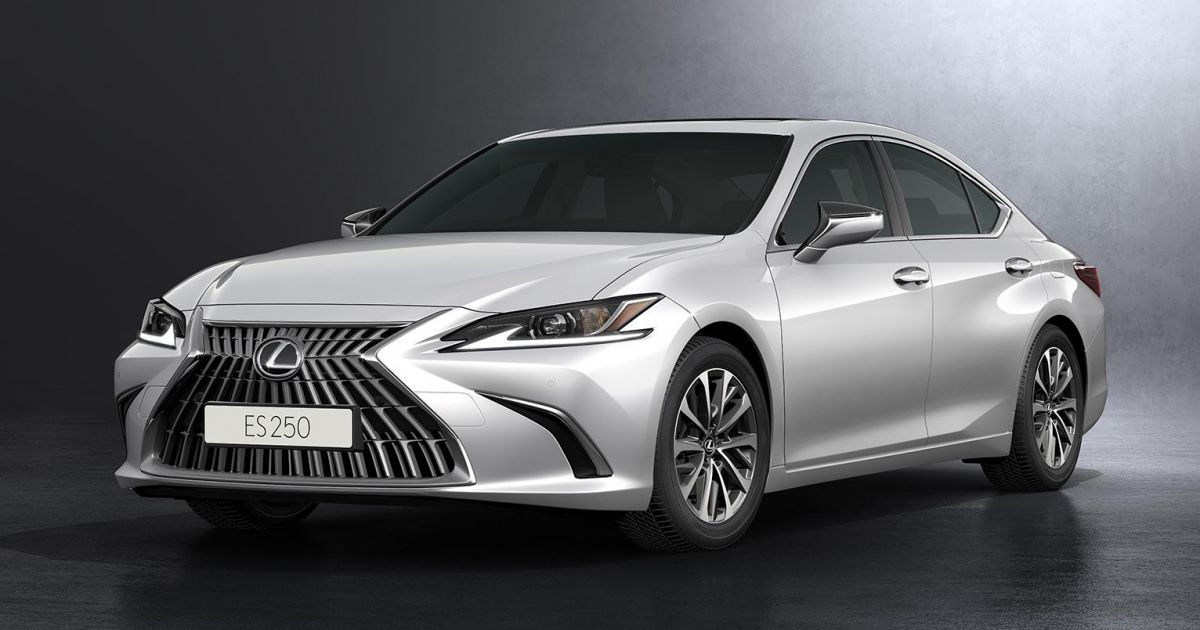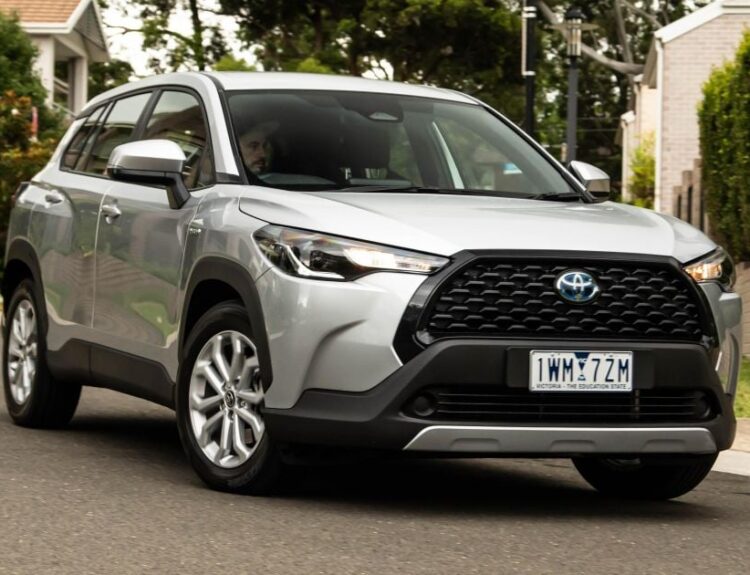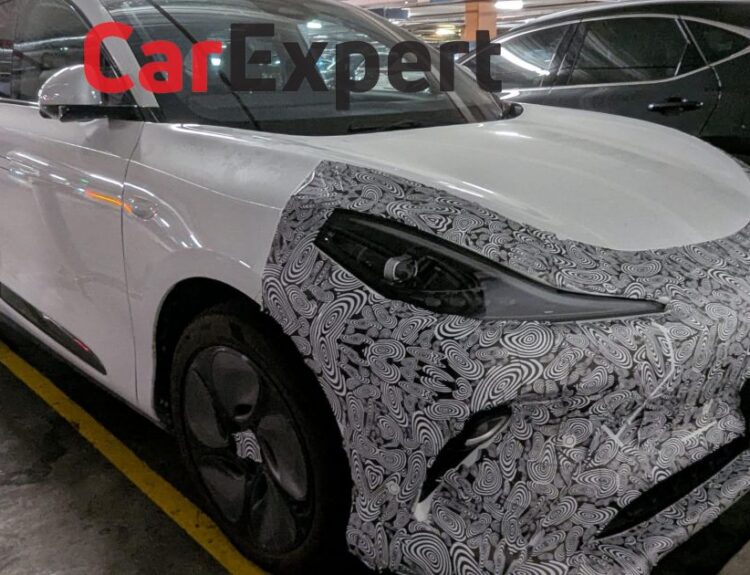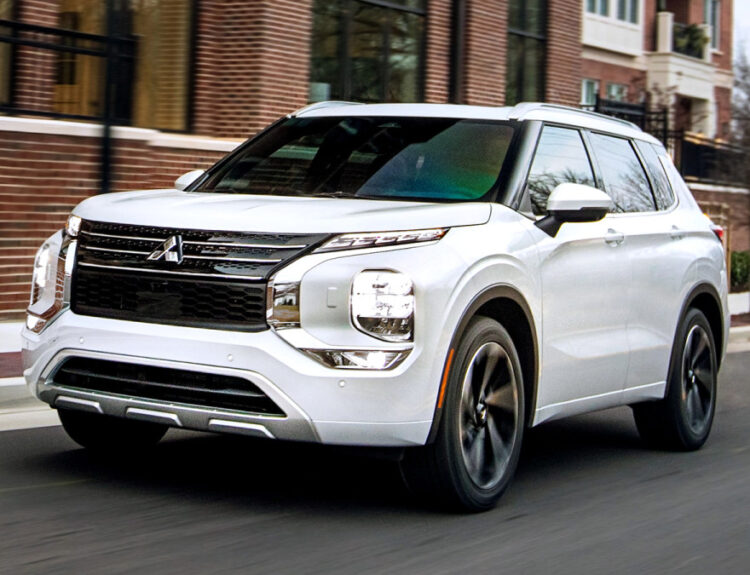The Lexus ES lineup in Australia is transitioning to a hybrid-only format, marking a significant shift in the brand’s model offerings.
Earlier this year, Lexus Australia discontinued the petrol-powered variants of the UX small SUV, and now, the ES250 mid-sized sedan has also been removed from the lineup. This vehicle served as the gasoline counterpart to the ES300h hybrid, which was introduced to the Australian market in 2021. The ES250 was the sole petrol variant available, as the V6-powered ES350 was never offered in Australia, unlike its predecessor.
In terms of sales, the ES250 has represented a mere 10% of total ES deliveries year-to-date, prompting its removal from the lineup.
Originally, Lexus Australia posited that the ES250 would contribute incremental sales to the ES series. However, its elimination has adjusted the base price of the ES, now beginning with the ES300h Luxury at $65,540 plus on-road costs—a price increase of $3,400 over the now-defunct ES250 Luxury.
The ES250 was available solely in Luxury and F Sport trims, while the ES300h remains the only variant offered in the premium Sports Luxury configuration. “Lexus has always stated that customer preferences would guide our transition from petrol to hybrid and fully electric models,” remarked John Pappas, the head of Lexus Australia. “Our ES customers are clearly signaling that they are ready for this change, as evidenced by the fact that nine out of ten ES deliveries so far this year feature an advanced hybrid powertrain.”
This year, Lexus Australia has reported that electric, plug-in hybrid, or hybrid vehicles represent 74.5% of total sales, a promising indicator that the brand is on track to achieve 100% electrification by 2030. According to a Lexus spokesperson, the company has seen a substantial increase in electrified vehicle sales—from just under 50% in 2022 to over 60% in 2023, and now trending toward 75%.
While the UX, LM people mover, and now the ES have transitioned to hybrid-only offerings, Lexus continues to provide both petrol and hybrid variants for its NX and RX SUVs, as well as the LS luxury sedan and the LC sports car. The upcoming LBX light SUV will debut as a hybrid-only model, although plans are in place for a high-performance petrol-powered Morizo RR edition to launch in 2025.
Currently, the GX and LX off-road SUVs are available exclusively with petrol or diesel engines, but a hybrid version of the LX was unveiled in October, with potential consideration for the Australian market.
In contrast to its parent company Toyota, which has swiftly phased out petrol models—including the Yaris, Corolla, Camry, C-HR, RAV4, and Kluger—Lexus has taken a more measured approach in reducing its petrol offerings. As consumer demand increasingly leans toward hybrid powertrains, the Kluger, for instance, has seen a hybrid adoption rate exceeding 75%.
For more insights on the Lexus ES lineup, be sure to stay updated.
Source:www.carexpert.com.au






